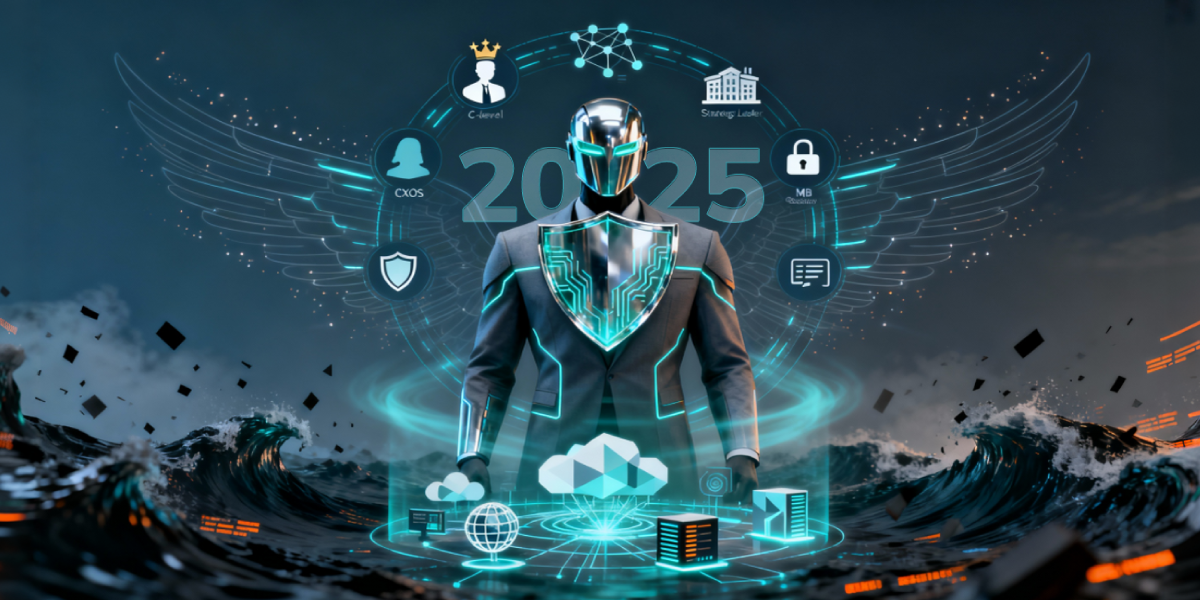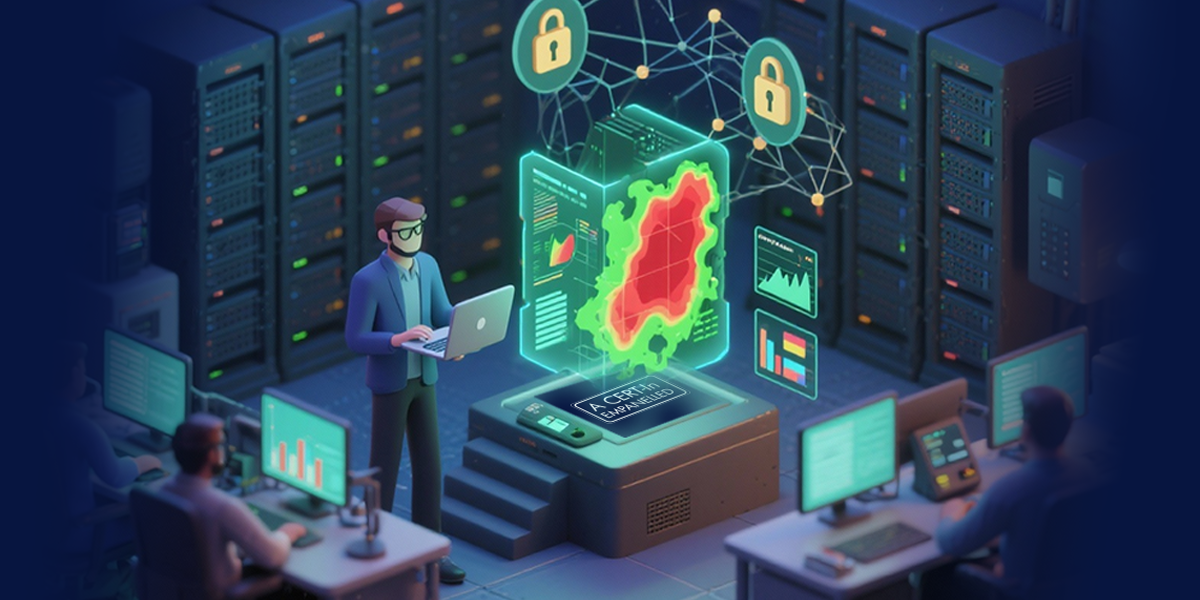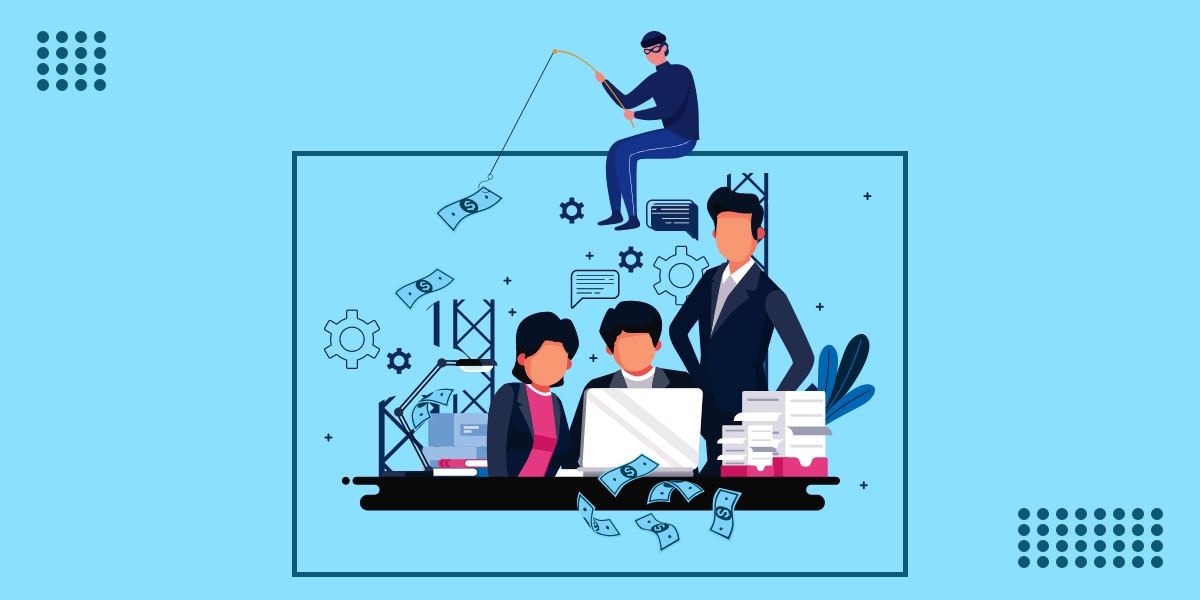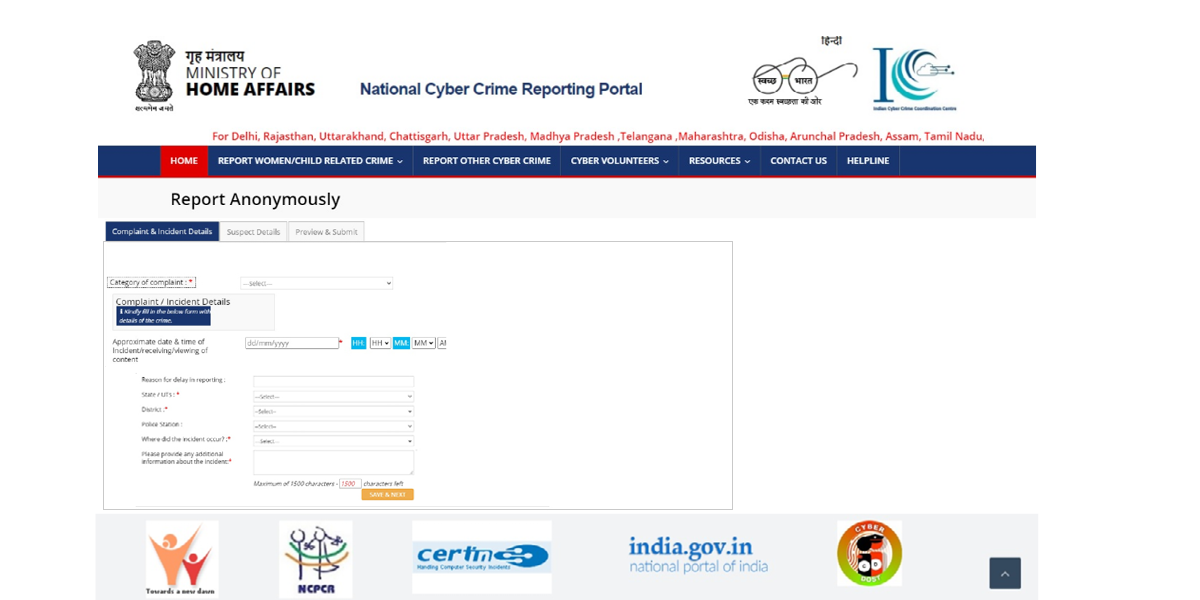We’ve put together a checklist for you of our top ten tips for ensuring your devices stay safe from malware and cyber-attacks.
The purpose of this blog is to arm you with a checklist of our top ten tips for ensuring your computers and devices are safe from malware and cyber-attacks. While it’s impossible to be 100% safe from attacks, implementing each of these points will significantly reduce the chances of being a victim.
Patches and Updates
Bug-free software is a myth, but most developers work hard to continuously fix bugs through patches and updates, many of which are for security vulnerabilities. Be sure to update your operating system and applications with the latest updates and patches, and we recommend consumers enable the automatic update feature in Windows and applications that support it. Furthermore, Microsoft no longer supports or provides updates for Windows XP, 7, 8 and 8.1. Hence, you should upgrade your system to Windows 10, if possible, to take advantage of the latest security enhancements to Windows.
Passwords
Using strong, complex, and unique passwords for every website and system account is a must to prevent becoming a victim of certain types of malware attacks and data breaches. Never use the same password on multiple websites and especially for online banking, financial services, healthcare, email, social media, and other websites that store your personally identifiable information (PII). We suggest using a password manager to make it easy to generate unique random passwords, and securely store and retrieve them in your browser when you need to login. For more information on creating strong passwords see our earlier blog post on this topic.
Browser Plugins
Popular internet browsers like Chrome, Firefox, and Explorer offer tons of free and paid plugins to enhance the functionality of the browser and allow you to integrate with the websites and cloud services you use like Dropbox, Google Drive, etc. There is no denying that most plugins are handy and useful, but there are also plugins written by hackers designed to execute security attacks or steal your information and privacy. Although browser makers try to prevent this and remove malicious plugins when they are discovered, it’s wise to use plugins judiciously. Check the developer’s authenticity before installing any browser plugin or extension, and try to only use them from well known and reputable companies.
WiFi
Free public WiFi is convenient and can be very valuable at times, but it comes with potential dangers as well. Most free WiFi networks are unsecured, meaning that the data sent from your device to the local network and Internet is unencrypted and what’s called “in the clear.” The danger is that any hacker easily capture this information in airports, coffee shops, etc. with free software that can be downloaded from the Internet. Open WiFi networks can also be used for malware distribution and to execute man-in-the-middle attacks. Our recommendation is to avoid using open public WiFi networks when possible, disable the WiFi auto-connect feature, and use a Virtual Private Network (VPN) service to encrypt your network connection even when the WiFi network is unsecured.
[Read More: Everything you must know about Ransomware]
Email Attachments
Be skeptical about the attachments you receive via email, especially if it is not from someone or a company you know or it is a zipped or compressed file. Even if it looks like it is from a company you know, be on the lookout for things in the email, email address, or domain name of the sender that may not look right. Spammers and phishing attacks will try to make their emails and the websites they link to look like well known and popular sites, but there are usually signs that they are fake and malicious.
Data backup
Creating regular backups of your essential data is a wise idea to recover quickly from any security incident. Make regular backups of your essential data in physical storage devices and backup again to a secure cloud storage service. Cloud storage is widely available today, and companies like Google, Microsoft, and many others offer limited free cloud storage.
Online Payments
Ensure your credit card and digital wallet information is shared only on well-known and trusted e-commerce platforms and payment gateways. Always look for the padlock icon in your browser’s address bar when making online purchases, and don’t save credit card information on websites you don’t really need to.
Beware of USB Storage Devices
Today companies regularly give away free branded memory sticks, and people often share files by copying them between USB hard drives and storage devices. While it’s often hard to resist free stuff, and it’s certainly a convenient way to transport files, memory sticks can be used to distribute malware and can even infect your computer when it seems like there are no files on the drive. Additionally, when you plug-in a memory stick or hard drive to copy files, you could potentially infect your computer with malware from your friend or colleague’s computer. Be careful about what USB storage devices you connect to your computer, and always make sure to enable the “auto-scan removable storage” feature in your security software which will prevent files from being copied to your computer until the device is scanned for malware.
Develop Good Security Hygiene
In this age of online and social media, many of us spend much of our time at work and at home reading email, browsing websites, and on our social media accounts. Therefore it’s important to develop what we call good “security hygiene” – habits and practices that will help reduce your risk from cyberattacks. Pay attention and get to know the privacy features in your operating system, web browser, and social media platforms. Be careful where you go on the internet. Never click on random, or suspicious attachments, and turn on your spam filter to keep spam and known phishing scams out of your inbox.
[Read More: The Hidden World of Adware ]
Security Software
Last but not least, always protect your system with a quality security suite solution. We would suggest K7 Total or Ultimate Security, but if not, make sure that you use something, maintain an active paid subscription, and enable automatic updates to ensure you are getting protection from the latest threats.
Conclusion: Focus on Prevention First
Our advice is straightforward – just like with your health, prevention is always better than a cure. Following this checklist, along with using a full featured security solution, is a simple yet effective way to secure your devices, data, and privacy. Also, we would love to hear from you. Leave us a comment and let us know what you think and if you have any other tips you think should be added to the list.











